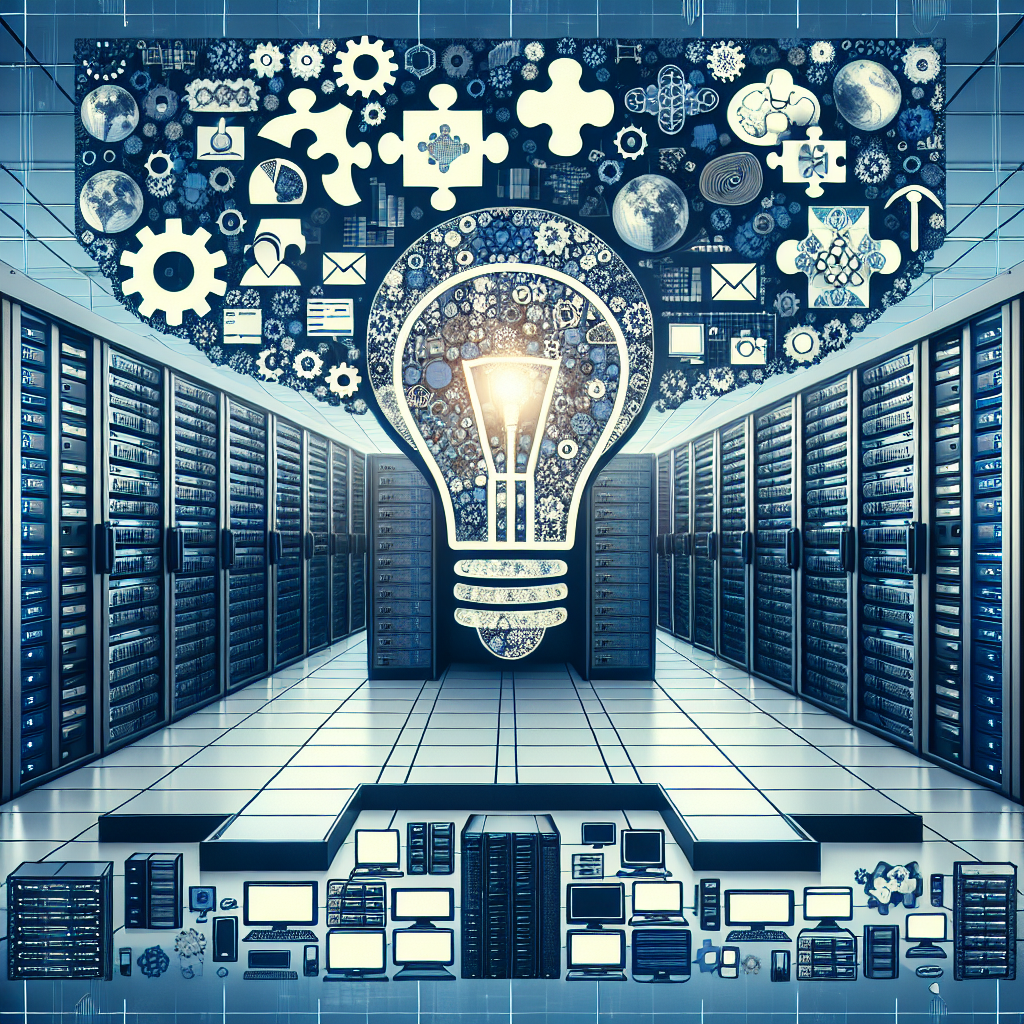Fix today. Protect forever.
Secure your devices with the #1 malware removal and protection software
In today’s digital age, data is king. From customer information to sales data, companies rely on vast amounts of data to make informed decisions and drive their business forward. With the exponential growth of data, choosing the right database solution for your data center needs has become more important than ever.
There are a variety of database solutions available on the market, each catering to different needs and requirements. From traditional relational databases to NoSQL databases, the options can be overwhelming. So, how do you choose the right database solution for your data center needs?
The first step in choosing the right database solution is to assess your specific requirements. Consider the volume of data you need to store, the speed at which you need to access and query the data, and the level of security and reliability required. Understanding your specific needs will help narrow down the options and guide your decision-making process.
If you require a database solution that can handle a large volume of structured data and complex queries, a traditional relational database such as MySQL or PostgreSQL may be the best fit. These databases are known for their reliability, data integrity, and support for complex transactions.
On the other hand, if you need to store and analyze unstructured data such as social media posts or sensor data, a NoSQL database like MongoDB or Cassandra may be more suitable. NoSQL databases are designed to handle large volumes of data and provide flexible data models, making them ideal for big data applications.
In addition to considering your specific requirements, it’s also important to evaluate the scalability and performance of the database solution. As your data grows, you’ll need a database solution that can scale with your business. Look for a database solution that offers horizontal scalability, allowing you to add more servers to handle increased workload.
Performance is another key factor to consider when choosing a database solution. Look for a database solution that offers high performance and low latency, ensuring fast access to your data. Consider factors such as indexing, caching, and query optimization when evaluating the performance of a database solution.
Lastly, consider the cost and licensing implications of the database solution. Some database solutions are open source and free to use, while others may require a license fee or subscription. Consider your budget and long-term costs when choosing a database solution for your data center needs.
In conclusion, choosing the right database solution for your data center needs requires careful consideration of your specific requirements, scalability, performance, and cost. By evaluating these factors and conducting thorough research, you can choose a database solution that meets your needs and helps drive your business forward.
Fix today. Protect forever.
Secure your devices with the #1 malware removal and protection software

Leave a Reply
You must be logged in to post a comment.